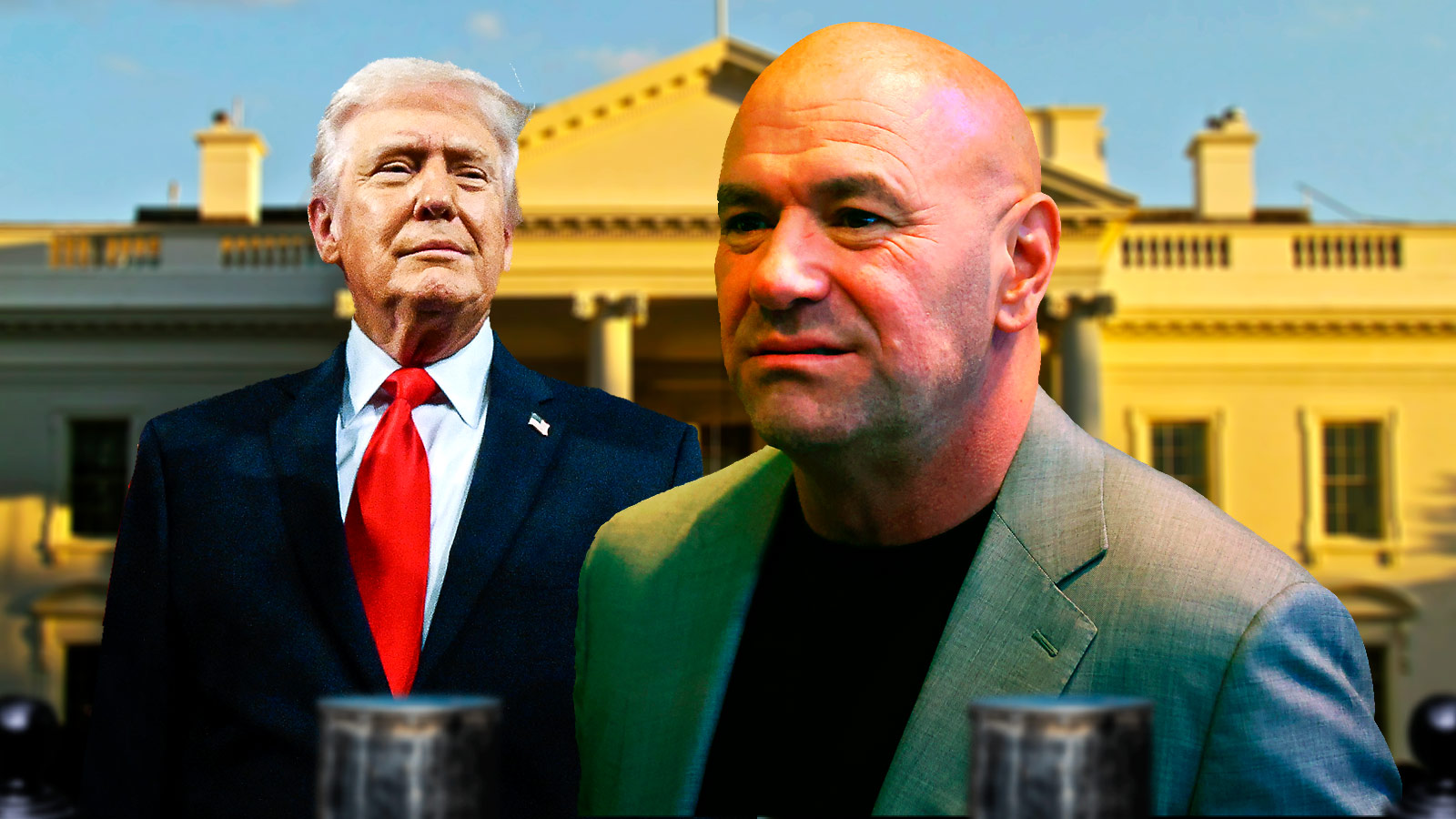Former UFC lightweight fighter John Makdessi found himself at the center of controversy following his release from the UFC after a controversial split decision loss at UFC 293 and his public revelation of the substantial foreign tax burden he incurred from the fight in Australia. Makdessi, a 20-fight UFC veteran, took to social media to share the detailed breakdown of his earnings for the bout against Jamie Mullarkey, shedding light on the financial challenges faced by fighters competing internationally.
Makdessi's departure from the UFC came after his loss to Jamie Mullarkey at UFC 293, where all three judges scored the fight 29-28 for Mullarkey, and Makdessi appeared shocked by the verdict. The defeat marked a pivotal moment in Makdessi's career, leading to his release from the promotion in October 2023.
In a now-deleted tweet, Makdessi expressed his frustration over the financial implications of fighting abroad, stating, “I sacrificed my whole life for this sport and put everything on the line. Damn Australian government and the judges robbed me pretty badly. 45% tax on top of everything else is insane”
Makdessi's comments have resonated with many in the MMA community, highlighting the need for greater support and financial transparency for fighters. His case has underscored the challenges faced by fighters who often bear significant financial burdens, including taxes, training expenses, and management costs, while striving to make a living from their craft.
In a subsequent tweet, Makdessi emphasized the importance of unity among MMA fighters, stating, “MMA fighters need to stick together and fight against organizations that treat us like a number and dispose of us when we are not useful. #PTSDWarrior.” His remarks reflect a call for solidarity and collective action among fighters to address the systemic issues that impact their livelihoods and well-being within the sport.
MMA fighters need to stick together and fight against organizations that treat us like a number and dispose of us when we are not useful. #PTSDWarrior
— John Wayne Makdessi (@JohnMakdessi) November 27, 2023
Makdessi's departure from the UFC serves as a reminder of the financial uncertainties and challenges that fighters encounter throughout their careers. As the MMA community reflects on this development, it raises important questions about the financial structures within the sport and the need for greater advocacy and support for fighters.
The controversy surrounding Makdessi's tax revelation and subsequent release from the UFC has sparked discussions about the financial hardships faced by MMA fighters, particularly when competing in international events. His public disclosure of the financial implications of fighting abroad has shed light on the complex financial landscape that fighters navigate, prompting a broader conversation about the financial well-being of athletes in the sport.
Makdessi's outspokenness has brought attention to the financial struggles of MMA athletes and has sparked conversations about the need for reforms to ensure the well-being and financial security of fighters in the sport. His case has ignited a crucial dialogue about the financial well-being of fighters and the systemic issues that impact their careers.
John Makdessi's release from the UFC following a controversial loss and his public disclosure of the financial strain imposed by international taxes has brought to the forefront the financial challenges faced by MMA fighters. His case has sparked important conversations about fighter solidarity, financial transparency, and the need for greater support and advocacy for athletes within the sport. As the MMA community reflects on these developments, it is clear that Makdessi's outspokenness has ignited a crucial dialogue about the financial well-being of fighters and the systemic issues that impact their careers.




















